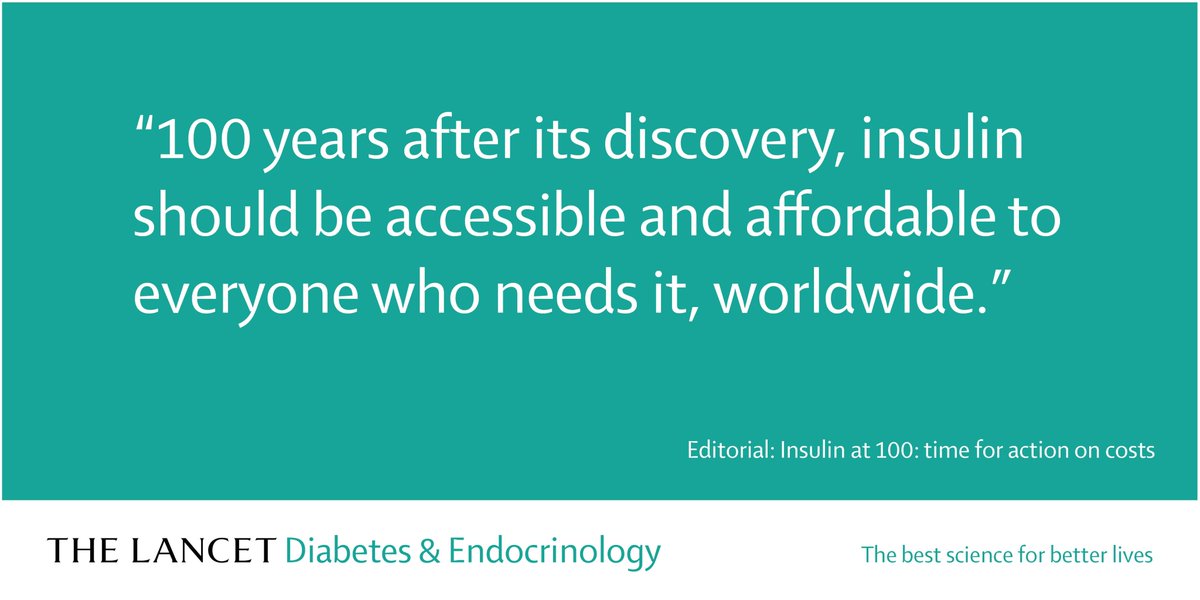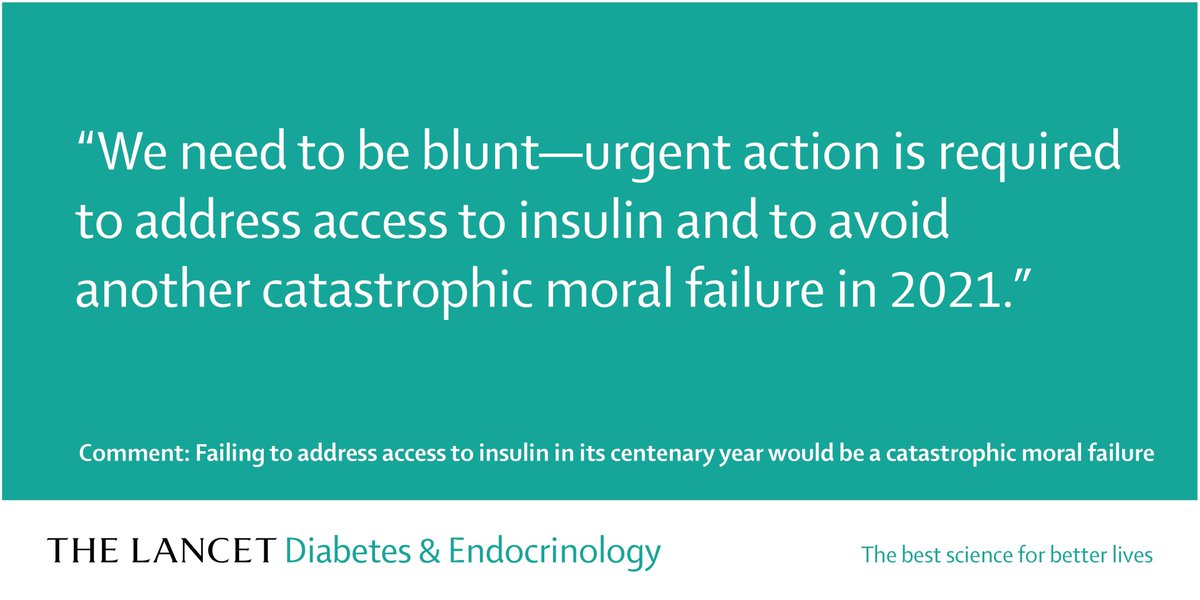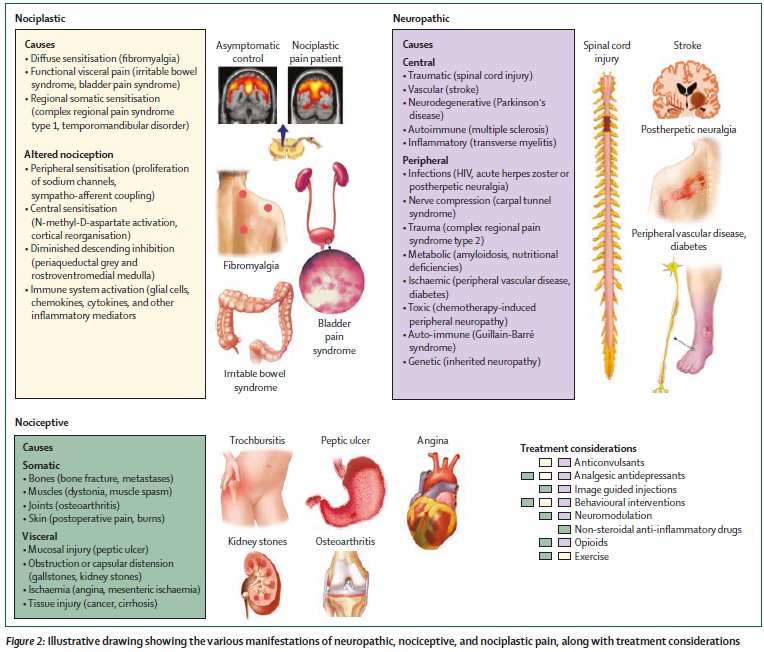
.@naomiclarelee opens the #GHFutures2030 Commission launch.
"'Digital Health is not neglected—it's a distraction to #UHC', we were told. Now, we're in a pivotal moment—being intentional about this new path is essential & requires urgent improvement." @GHFutures2030
"'Digital Health is not neglected—it's a distraction to #UHC', we were told. Now, we're in a pivotal moment—being intentional about this new path is essential & requires urgent improvement." @GHFutures2030
https://twitter.com/TheLancet/status/1452402124411838469

"People are much more aware of how we depend on digital transformation...to resolve & respond to health challenges. But, we are also more aware of the ways these transformations—or exclusion from them—can be detrimental to our health & rights." 💬 @IlonaKickbusch #GHFutures2030 

"These are the new determinants of health", says @AnuragAgrawalMD.
"Public health & #UHC must be reimagined to include & realise the potential of digital transformations."
#GHFutures2030 #WHS2021 | @GHFutures2030 @WorldHealthSmt
"Public health & #UHC must be reimagined to include & realise the potential of digital transformations."
#GHFutures2030 #WHS2021 | @GHFutures2030 @WorldHealthSmt

.@doctorsoumya of @WHO joins the panel at the #GHFutures2030 launch.
"Having a governance structure where society—young people especially—are involved & empowered is essential to inspire trust in the system. Data can improve health, but only through solidarity." @GHFutures2030
"Having a governance structure where society—young people especially—are involved & empowered is essential to inspire trust in the system. Data can improve health, but only through solidarity." @GHFutures2030

• • •
Missing some Tweet in this thread? You can try to
force a refresh


















